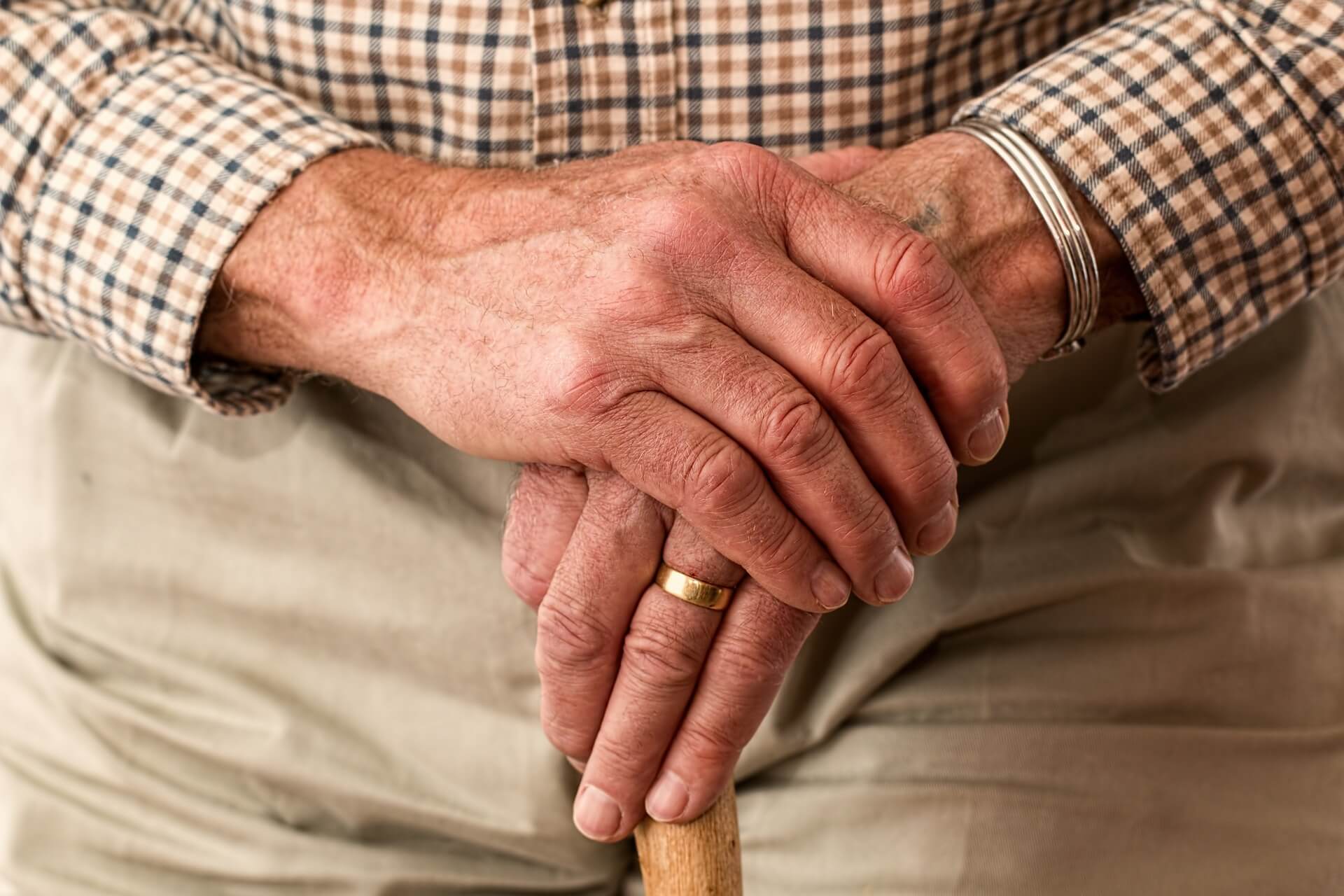Just as exercising your body improves your muscles, exercising your brain also improves your memory capabilities, leading research shows.
A senior’s 60-year-old brain will take in information two to three times slower than a 20-year old brain. However, senior minds can learn new tricks as even older brains can grow new and stronger connections (this is why seniors who suffer strokes can effectively rehabilitate and regain their physical and mental capabilities again by retraining the brain through therapy exercises – but if they don’t do the exercises, then they don’t regain the movement, which why having a proactive and encouraging Caregiver is essential).
You can build your mental savings account while you are younger by continuing to involve yourself in activities which require thinking – play monopoly and scrabble, do crossword puzzles, join committees and boards which require active thinking and planning, develop new hobbies such as golf or playing a musical instrument. And, even more important, don’t stop becoming active when you retire from your day job.
Research shows you must exercise your mind regularly and be consistent (it really is the same as with physical exercise – you can’t just show up and run the marathon without properly training for months).
Caregivers can bring along the crossword puzzle from the daily newspaper to do with their senior client or find a trivia book or a magazine article to discuss. Anything that makes the mind think will work.







